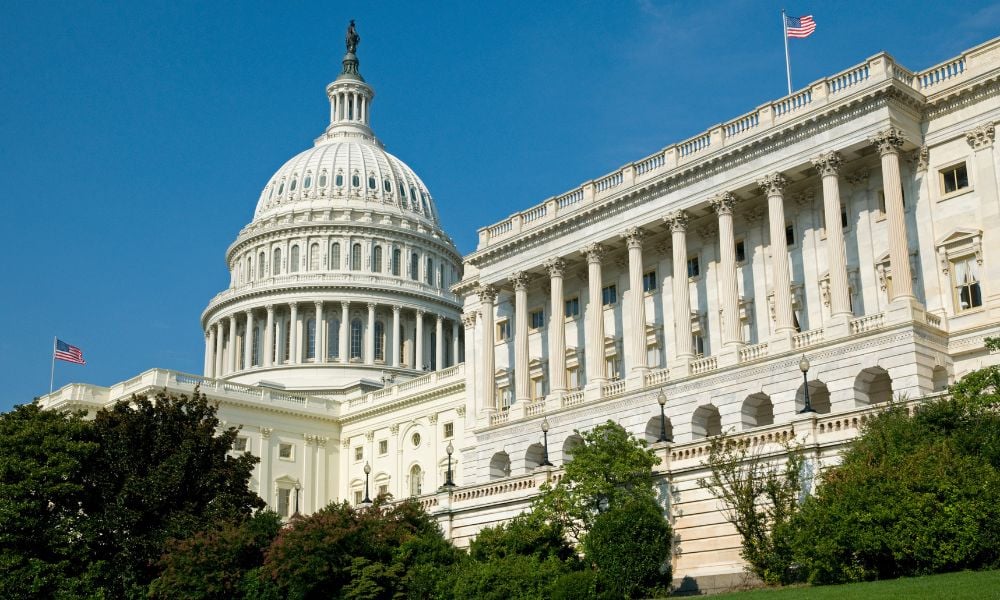

President Trump’s promise to get a key piece of legislation across the line was realised Friday as he signed the One Big Beautiful Bill Act into law. But with a split vote in the House of Representatives, it was never going to please everyone.
There has been some firmly positive reaction, such as Eric J. Pan, president and CEO of the Investment Company Institute, who said it “reflects a strong recognition of the importance of long-term saving, investor access, and efficient markets,” adding that ICI is “pleased to see Congress protect the tax treatment of voluntary retirement accounts like 401(k)s and IRAs, ensuring that more than 120 million Americans can continue building long-term financial security through tax-advantaged savings.”
The American Bankers Association also welcomed the new law with president and CEO Rob Nichols saying that it will strengthen banks: “Having certainty about the tax code moving forward will allow banks of all sizes and their more than two million employees to provide even more support to the US economy,” he said, noting one of several ABA-backed measures in the new law.
The legislation has brought strong criticism too, not least from Trump’s former friend Elon Musk, and veteran investor Ray Dalio who has warned of the impact of spiralling US government debt.
But what would average Americans do if they were in charge of policy?
A poll released over the long weekend by the Program for Public Consultation at the University of Maryland's School of Public Policy enabled participants to set their own federal budget by adjusting spending and taxes and seeing their impact on government debt in real time.
While the new law is estimated to increase the deficit by around $340 billion a year, respondents from both Republican and Democrat cohorts would reduce the deficit by $463 billion with higher taxes on very high incomes and wealth leading the measures they would take.
Most who took part would not opt to tax cuts for those earning more than $1 million and a slim majority (54%) would not have cut Medicaid spending although the same share of Republicans would make a modest 1.3% cut.
Defense spending would also not be increased by 71% of Republicans and 83% of Democrats, with the majority opting for cuts compared to the $150 billion increase that the new legislation enables. Homeland Security spending would not be increased by 60% of Republicans and 79% of Democrats with a $2 billion cut to this budget being favored.
"When Americans are given the chance to propose their own federal budget there is an enormous difference between what they want, which would reduce the deficit, and what has recently been signed into law, which will increase it," commented PPC Director Steven Kull. "Unlike in Congress, there is a remarkable amount of bipartisan agreement on key issues from raising taxes on very high incomes to limiting defense spending."

Summit Financial unveiled a suite of eight new tools, including AI lead gen and digital marketing software, while MassMutual forges a new partnership with Orion.

A new analysis shows the number of actions plummeting over a six-month period, potentially due to changing priorities and staffing reductions at the agency.

The strategic merger of equals with the $27 billion RIA firm in Los Angeles marks what could be the largest unification of the summer 2025 M&A season.

Report highlights lack of options for those faced with emergency expenses.

However, Raymond James has had success recruiting Commonwealth advisors.
Orion's Tom Wilson on delivering coordinated, high-touch service in a world where returns alone no longer set you apart.
Barely a decade old, registered index-linked annuities have quickly surged in popularity, thanks to their unique blend of protection and growth potential—an appealing option for investors looking to chart a steadier course through today's choppy market waters, says Myles Lambert, Brighthouse Financial.
